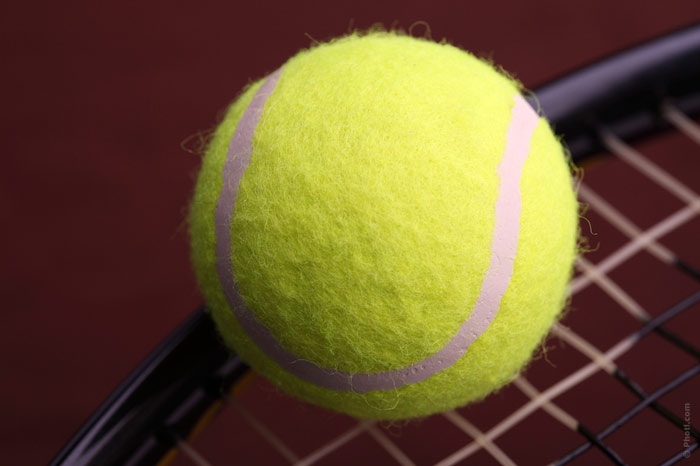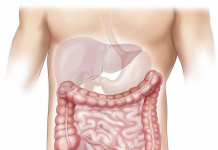Together with a balanced diet, exercises help reduce the risk of several chronic diseases, including complications of overweight and obesity. Fitness and nutrition significantly improve the quality of life, which leads to better overall health. Sports nutrition for active women has several features.

Women’s specific needs
Robust health is the foundation for fitness and sports. Healthy balanced nutrition should be the main goal of your diet. The same principles of healthy eating concern ordinary women and highly active women. Most of the foods that you eat should be natural and minimally processed. In general, the shorter is the list of the ingredients for food packaging, the better. Refined sugar, fried foods, and processed oil should occupy the lowest place in your diet.
According to the American Dietetic Association (ADA), active women need about 1800-2200 calories per day. Balance is also important. No food product is able to give you all the nutrients you need for optimal health, so it is very important to eat different types of food every day. However, women should pay special attention to some minerals and vitamins.
Why is iron important?
You should focus on the consumption of iron due to the additional loss of blood during menstruation. Studies show that more than 50% of all training women are deficient in iron. Insufficient iron levels lead to increased fatigue and poor endurance, as blood cannot carry oxygen effectively to the working muscles. Although the loss of this important mineral occurs during menstruation, lack of iron in the diet is the most likely cause of its deficit.
Sources of iron:
You can get iron from red meat and dark poultry. These are the two best sources of iron, partly because it is most easily absorbed when consumed with these products. Women often avoid red meat because of its fat content, but choosing lean meat, you can get enough iron and little fat.
Other good sources of iron are green leafy vegetables, lentils, and cereals rich in iron.
Another point to remember is that the tannins, contained in coffee and tea, inhibit the absorption of iron from food, so it is recommended to consume these drinks between meals and not during them.










